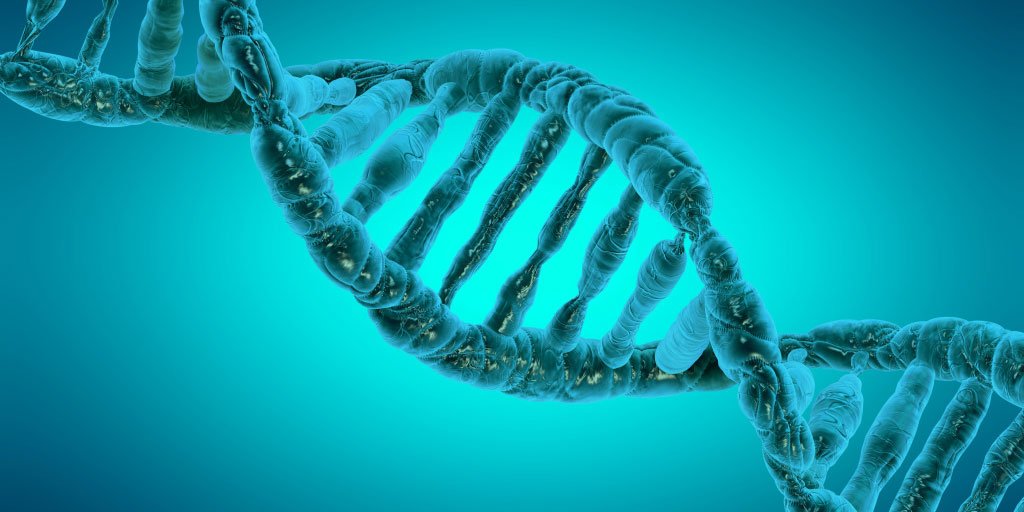Epigenetic testing is a valuable tool that can provide insights into your health and potential risks for certain conditions. Unlike traditional genetic testing, which focuses on changes in the DNA sequence, epigenetic testing examines genetic changes beyond the DNA sequence. These changes, known as epigenetic modifications, can influence gene expression and disease susceptibility. Have a look at epigenetics test
Epigenetic testing measures your biological age, which is a measure of how your cells and biological markers reflect your overall health and aging process. It takes into account factors such as lifestyle, diet, and environmental influences that can impact your epigenetic profile. By assessing your biological age, you can gain a more accurate understanding of where you are in your life cycle and potentially predict your life expectancy.
Various companies offer epigenetic testing through home test kits that analyze saliva samples or scientific tests that examine blood samples. These tests assess DNA methylation, one type of epigenetic modification, by examining changes in the epigenome that occur as you age. Epigenetic marks, such as DNA methylation, do not alter the DNA sequence itself but affect how cells interpret and utilize the instructions encoded in DNA.
Epigenetic patterns can be influenced by lifestyle choices and environmental factors. For instance, exposure to pollutants, changes in diet, or adopting an exercise regime can impact epigenetic marks. Scientists can analyze these patterns to determine your epigenetic age, which may differ from your chronological age.
Epigenetics plays a crucial role in gene regulation, determining how genes are activated or suppressed. Epigenetic modifications, such as DNA methylation and histone modifications, can control gene expression by influencing how genes are read and utilized by cells. Understanding epigenetics provides insights into the complex interplay between genetic factors and environmental influences.
Epigenetic therapy is an emerging field that aims to modify epigenetic marks to treat various diseases, including cancer, diabetes, and heart disease. Researchers have discovered that some diseases are influenced by specific epigenetic features, and drugs can be developed to reverse these changes, creating a healthier cellular environment and potentially reverting cells to a pre-disease state.
Epigenetic coaching is another approach that utilizes knowledge of epigenetics to guide individuals in making lifestyle changes and optimizing gene expression. By modifying factors such as diet, exercise, sleep, supplements, and detoxification, individuals can influence their epigenetic profile and decrease their risk of developing certain conditions. Epigenetic coaching aims to promote longevity and overall health by optimizing gene expression patterns.
In summary, epigenetic testing offers valuable insights into your biological age, health, and disease susceptibility. By understanding how epigenetic modifications can influence gene expression and utilizing epigenetic therapies and coaching, individuals can make informed decisions to improve their health and potentially mitigate disease risks. Epigenetics provides a broader perspective on the interplay between genetics and lifestyle factors, highlighting the potential for positive changes and personalized approaches to healthcare.








